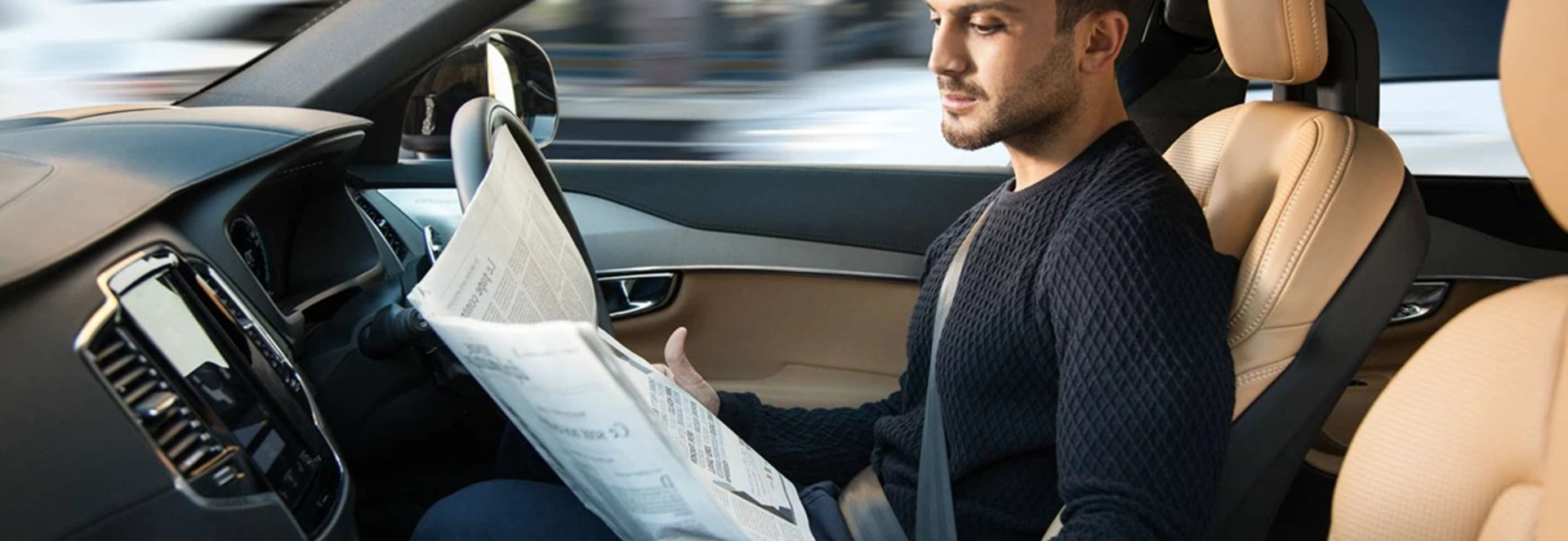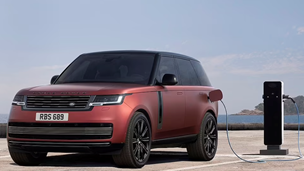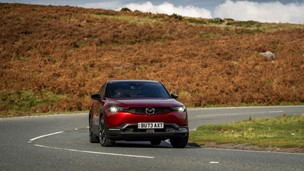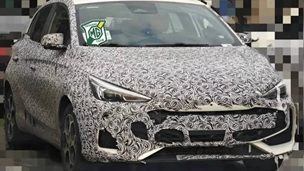New Government legislation is being brought in to make the manufacturers of driverless or intelligent cars toughen up cyber security, to reduce the risk of hackers taking control.
‘Intelligent’ or ‘smart’ cars refer to those which allow drivers to access maps, live traffic information and DAB radio. Such cars are becoming increasingly common on the UK’s roads, which has built up concerns that such cars could become subject to more and more hacking attempts.
In fact, recent police figures show that vehicle thefts jumped by as much as 20 per cent last year. Experts have suggested that the hacking of keyless entry devices or onboard computers on cars was likely the main reason for the dramatic increase.
Under new Government guidance, engineers developing smart vehicles will be required to toughen up cyber protection and help eliminate hacking. The measures look to provide protection against hackers who may try to access information on a smart or driverless car’s computer or even control hardware such as the throttle and brakes.
Transport Minister Lord Callanan said: “Our cars are becoming smarter and self-driving technology will revolutionise the way in which we travel. Risks of people hacking into the technology might be low, but we must make sure the public is protected.
“Whether we’re turning vehicles into wi-fi-connected hotspots or equipping them with millions of lines of code to become fully automated, it's important that they are protected against cyber attacks.”




